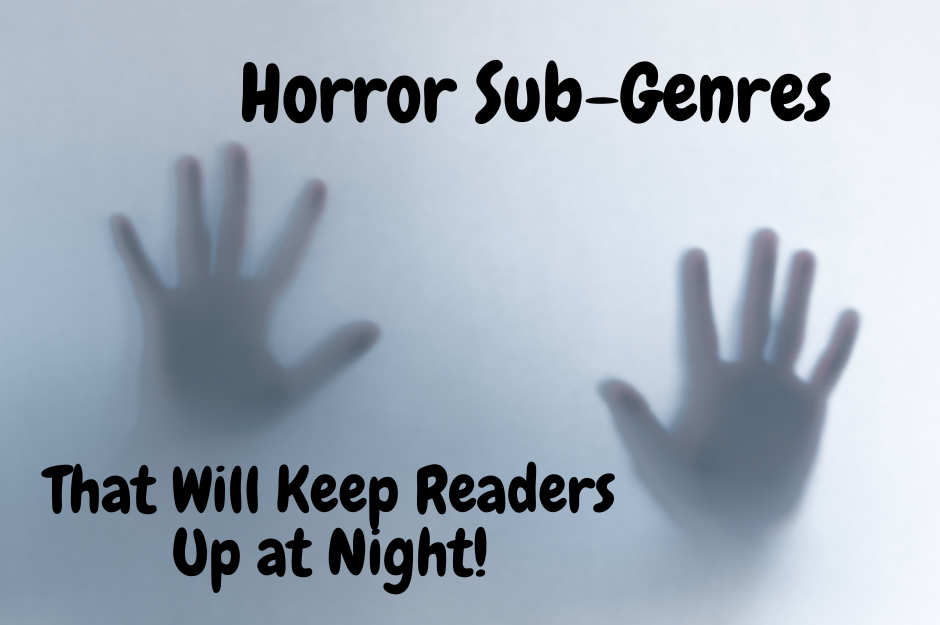|
Listen to or download this article:
|

You need to care deeply about your protagonist – Jessica Page Morrell
It’s impossible to write about a main character you don’t care about. And care deeply. When I say care, you can actually pity the poor sod (Quoyle in The Shipping News), or disagree with his morality as when you write an anti-hero like Scarlett O’Hara or Tyrion Lannister of the Game of Thrones series. Many readers find anti-heroes likable or relatable, but so must the writer/creator. Because fiction writing requires a serious emotional and intimate involvement.
Ideally you’ll find your protagonist fascinating, indelible, someone you can co-habitate with for at least a year if not longer. Because between first drafts and final revisions, it will take at least a year to finish your novel. This means your main player needs to be interesting to hang out with and interesting to write.

Miss Celie of The Color Purple by Alice Walker
I’ve known writers who have fallen out of love with their characters and it ain’t pretty. Especially if they created a series character. Typically they discover their creation feels stale or predictable. Similar to a failing relationship in the real world. Like those glum couples you spot in restaurants not speaking to each other; sitting in slumped misery or apathy. Of course I’m nosy and apt to spy on my fellow diners and I’ve been noticing these miserable pairings for years.

Douglas Adam’s Hitchhiker’s Guide to the Galaxy’s protagonist – Arthur Dent
Back to you and your main characters. Think long haul. Lasting commitment, curiosity or  admiration. Think not being judgy, but observant and nosy, and perhaps a bit curious.
admiration. Think not being judgy, but observant and nosy, and perhaps a bit curious.
Unforgettable or haunting protagonists are the keys to great fiction!
A few suggestions for you to keep in mind:
- Character first. Plot is people.
- Create an intricate backstory that will cause motivations. This does not mean to add all of that backstory to your work.
- Don’t confuse protagonist with hero. Sometimes the hero saves the day for the protagonist.
- Sometimes the protagonist is not a “good guy.” Examples are: Holden Caulfield from The Catcher in the Rye, Michael Corleone from Mario Puzo’s The Godfather, or Arthur Dent in The Hitchhiker’s Guide to the Galaxy by Douglas Adams.
-

Holden Caulfied – The Catcher in the Rye by J.D. Salinger
- Give it time. It doesn’t need to be an instant attraction or intimacy, but your character should pique your curiosity.
- Discover what in your character’s nature validates his/her humanity. Makes him or her worthy of your reader’s time. Some of the best protagonists are not immediately sympathetic or understandable. It can take readers time to understand them. But that’s okay. Because there will be tests along the way that reveal his/her true nature.
- Your protagonist needs traits you admire, even begrudgingly.
- Figure in your protagonist’s chief vulnerabilities, then exploit them.
- Understand how your character’s triggers, reactions or overreactions under duress.
- Consider working out your demons through your protagonist. Is he or she insecure? Will he feel misunderstood? What about rewriting your awkward adolescent years through your character?

Frodo of the The Lord of the Rings series by J.R.R. Tolkien
Oh, and the protagonist should fail, fall on his face at least a few times along the way to the climax. Because your job as the master manipulator (aka author) is to blindside, torment, and thwart your characters. Again and again, so the outcome is in question and your readers are compelled to keep turning the pages.
Handy Links to other articles featuring Protagonists
The INCITING INCIDENT: STORY, SETBACKS and SURPRISES for the PROTAGONIST
Jessica Page Morrell
Keep writing, keep dreaming, have heart. – Jessica
Jessica Morrell is a top-tier developmental editor and a contributor to Chanticleer Reviews Media and to the Writer’s Digest magazine. She teaches Master Writing Craft Classes at the Chanticleer Authors Conference that is held annually along with teaching at Chanticleer writing workshops that are held throughout the year.
Jessica is teaching a Master Class at the Chanticleer Authors Conference along with other sessions. Click here to find out more information or to register.
Chanticleer Editorial Services
Did you know that Chanticleer offers editorial services? We do and have been doing so since 2011.
Our professional editors are top-notch and are experts in the Chicago Manual of Style. They have and are working for the top publishing houses (TOR, Macmillan, Thomas Mercer, Penguin Random House, Simon Schuster, etc.).
If you would like more information, we invite you to email Kiffer or Sharon at KBrown@ChantiReviews.com or SAnderson@ChantiReviews.com for more information, testimonials, and fees.
We work with a small number of exclusive clients who want to collaborate with our team of top-editors on an on-going basis. Contact us today!
Chanticleer Editorial Services also offers writing craft sessions and masterclasses. Sign up to find out where, when, and how sessions being held.
A great way to get started is with our manuscript evaluation service. Here are some handy links about this tried and true service:
https://www.chantireviews.com/manuscript-reviews/

Writer’s Toolbox










Leave A Comment